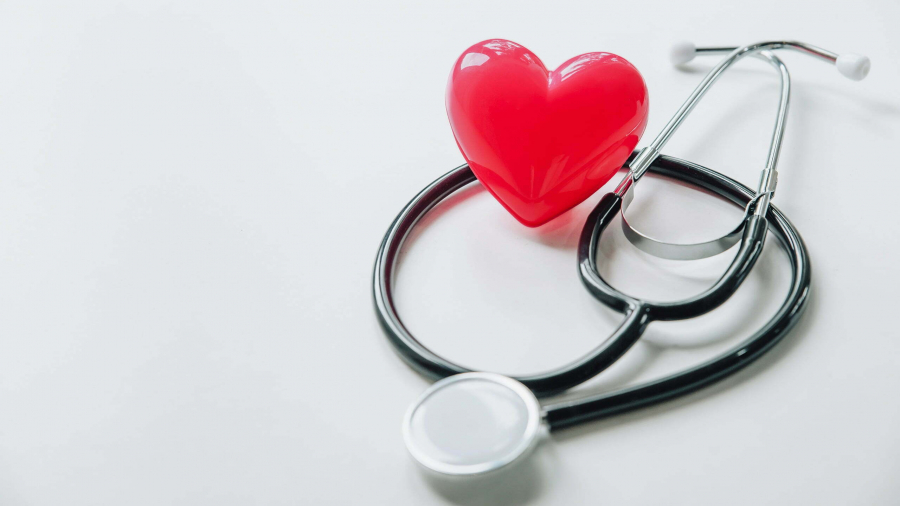Treating heart disease
With the rise of medical science, there are various ways to treat heart diseases. Some people opt to take medications for life while others have to undergo costly surgeries followed by medication, tests, and regular cardiologist check-ups. Before undertaking any treatment, it is best to understand what they do and the risks involved.
Medication
| Medicine | Function | Possible side effects |
| Antiplatelet medication (e.g. clopidogrel and aspirin) | Helps prevent the formation of blood clots | Internal bleeding, dizziness, severe headache, difficulty breathing, chest pain, fever, swelling of face or hands, stomach ulcers |
| Beta blockers | Slows the heart rate, thus lowering the blood pressure | Nausea, diarrhoea, fatigue, blurred vision, cold hands and feet, slow heartbeat, insomnia, depression, loss of libido |
| ACE inhibitor/ angiotensin II receptor blocker | Treats high blood pressure | Headache, dry cough, diarrhoea, low blood pressure, rashes |
| Statin | Blocks a liver enzyme that produces ‘bad’ cholesterol (LDL) | Nausea, diarrhoea, increased risk of liver problems |
Surgery and/or treatment
| Type | Angioplasty | Bypass |
| Procedure | Opens blocked heart arteries using stents, balloons, or special catheters | Blood vessel is removed from leg, arm or chest and transplanted into the heart to create a new route for oxygen-rich blood to flow to heart muscles |
| Possible complications/ side effects | • Damage to the artery walls • Allergic reaction to the dye or to the stent • Heart attack, stroke, or death during surgery • Risk of artery collapsing or closing again • Side effects from medication | • Irregular heartbeat • Reduced kidney function • Risk of serious infections • May cause memory loss, inability to concentrate • Heart attack/stroke during surgery |
| Estimated Cost | RM25K – RM40K | RM25K – RM50K |
 WAYS TO LOVE YOUR HEART
WAYS TO LOVE YOUR HEART
Prevention is always definitely better than cure. The good news is 80% of premature heart disease and stroke cases are preventable. Here are 7 healthy lifestyle habits that could help minimise your risk of heart disease.
Eat a heart-healthy diet
Reduce meat intake and food high in saturated fat, cholesterol, sugar, and salt. Take more fruits and veggies, grains, nuts and increase fibre intake. Go for heart-healthy supplements that produce nitric oxide in the body, omega 3 fish oil and balanced nutrition. Go for non-trans-fat processed food.
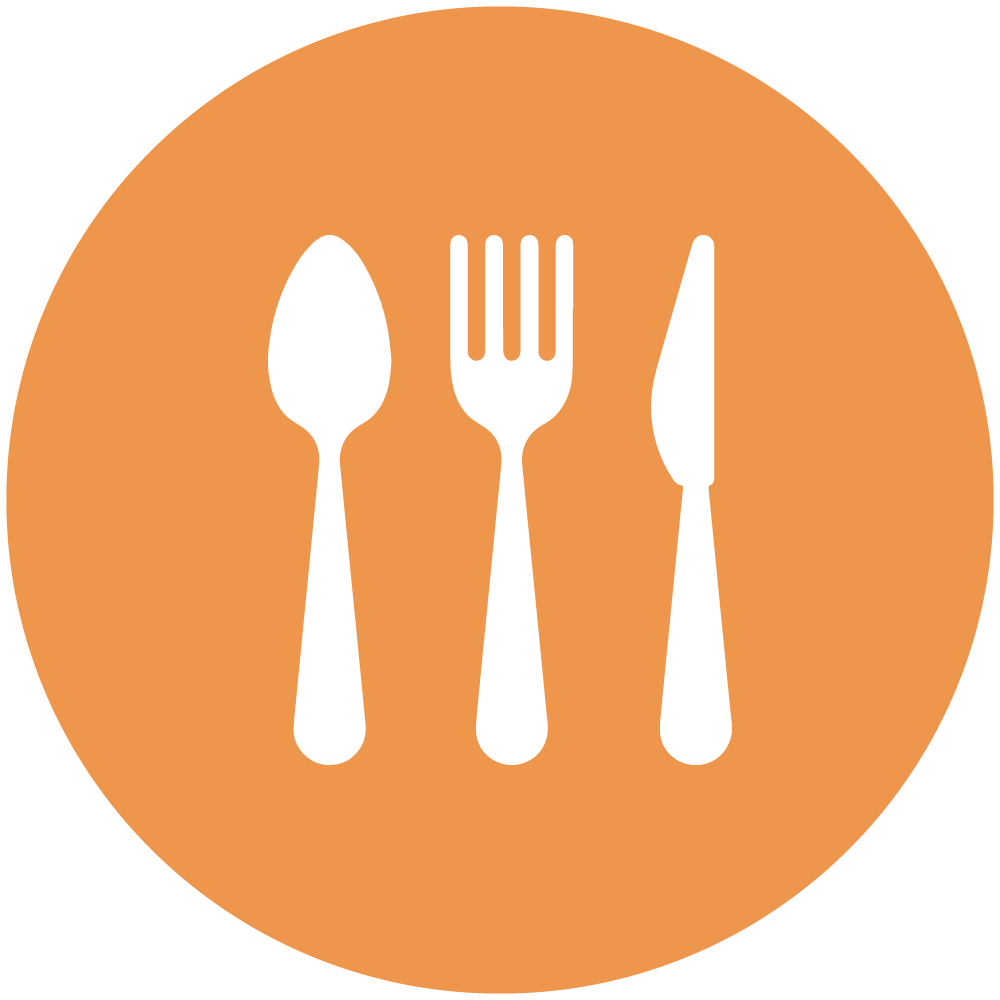

Watch your weight
If you are obese or overweight, it is best to start taking up a weight loss and exercise programme to lose weight. While you are doing that, pay attention if your tummy starts protruding.
Get active
Exercise regularly for 30 minutes for 3 times or more a week. Physical activities such as brisk walking, and swimming help bring down your blood pressure, strengthen your heart and zap stress.
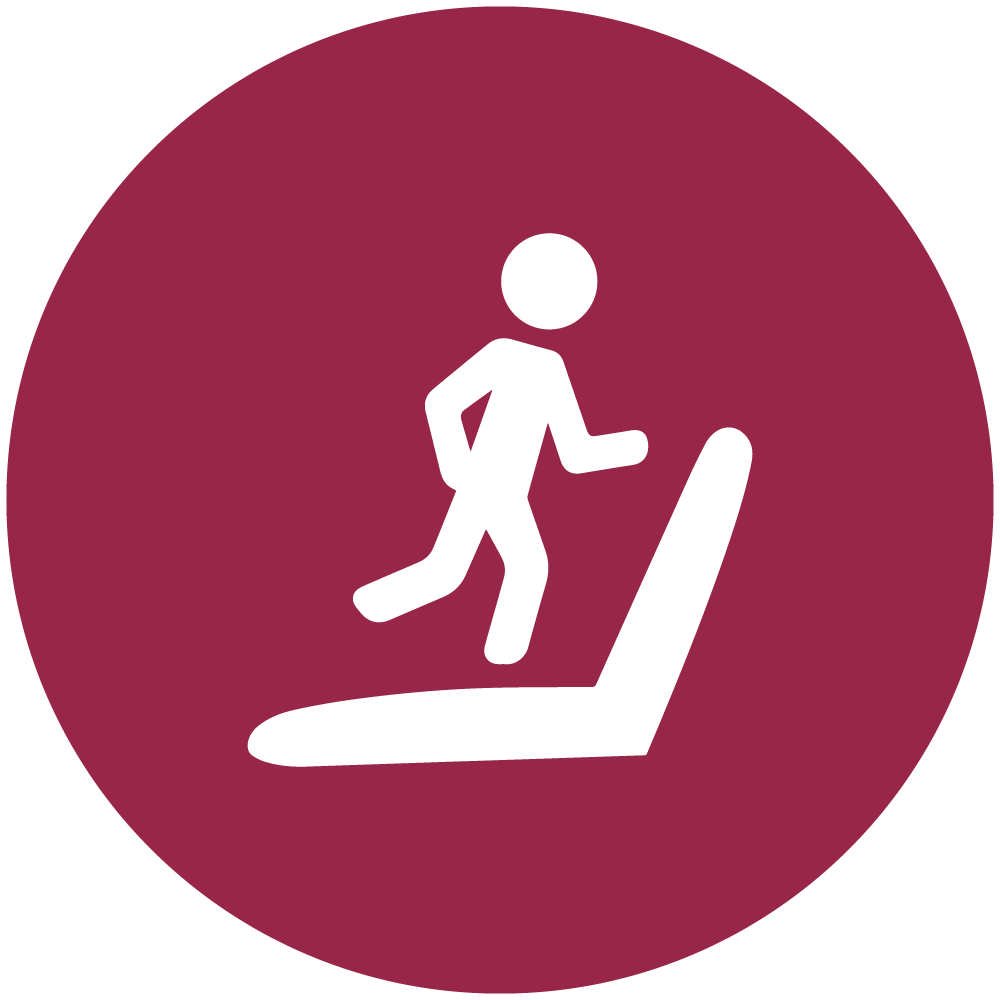
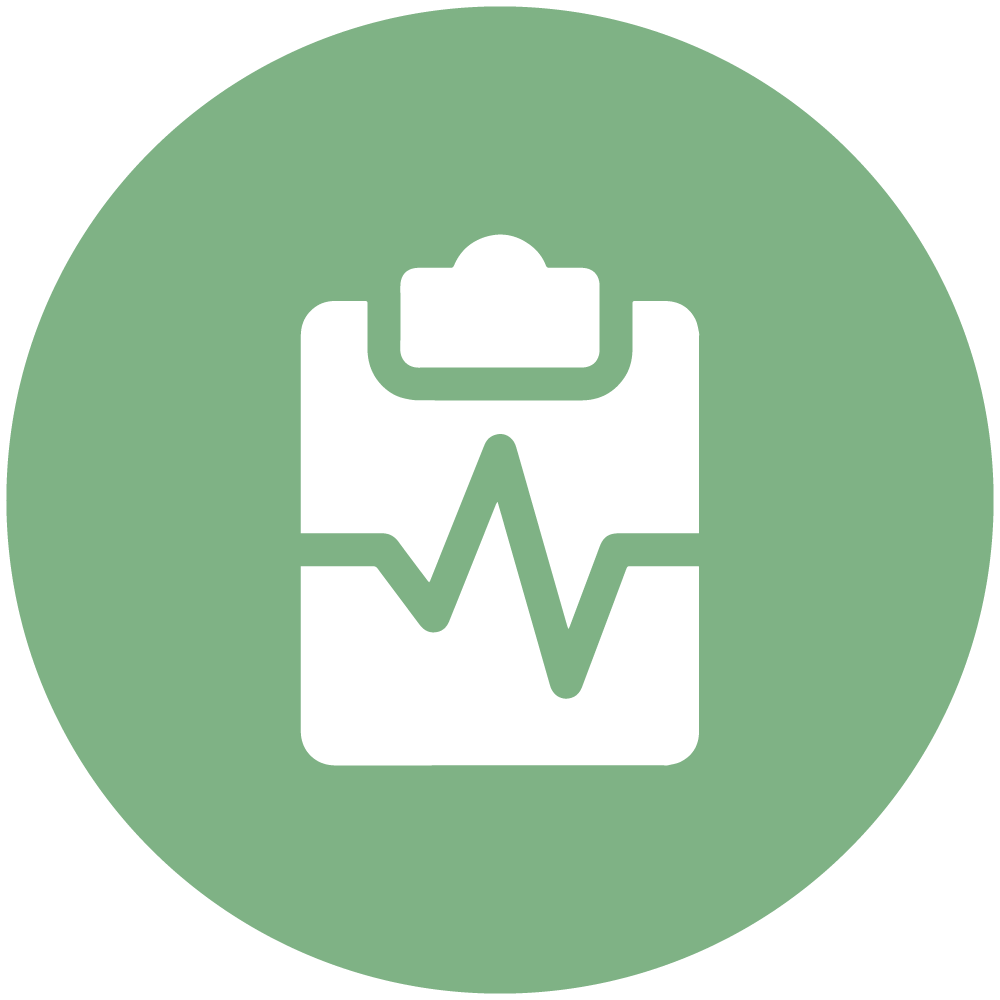
Regular health screenings
As many of the symptoms for heart disease are silent, it’s important to test your blood pressure, cholesterol, and blood glucose regularly so as to identify any problems earlier.
Sleep well
Get good quality sleep for 7-9 hours daily, preferably by sleeping and waking up early. This can lower your risk of obesity, high blood pressure and heart problems!


Limit stress
Don’t think of work when you clock off. Get a massage or a hobby or meet with friends to chill out on your day off.
Live smoke-free
There is no amount of smoking that is safe. If you smoke, quit.

 PROTECT YOUR HEART WITH NUTRIENT THERAPY
PROTECT YOUR HEART WITH NUTRIENT THERAPY
Prevention is definitely better than cure. In the case of your heart, any damage is irreversible. You can treat the problem but your heart will not recover its former strength. In addition, the long-term medication and side effects of surgery are costly, painful and upsets your life.
One of the best lifestyle changes you can make is to your diet. Nutrient therapy via the MRT approach is a holistic approach combining balanced nutrition for cellular health and specific nutrients that target heart health to help your body heal itself and recover:
- Balanced nutrition and alkaline food to help cells maintain a high level of cellular energy and fight diseases.
- Natural antioxidants / phytonutrients like beta carotene and SOD to fight free radicals that damage heart tissues.
- Nutrients necessary for the growth and repair of heart tissues.
Balanced Nutrition
“Spirulina has over 60 types of nutrients in 5 major food groups.”
Food with balanced nutrition will nourish your cells to be strong and healthy against all types of diseases. One natural superfood that is well-known for its balanced nutrition is spirulina. Considered the “greatest superfood on earth” by WHO, this nutrition powerhouse has over 60 types of nutrients in 5 major food groups – carbohydrates, proteins, fats, minerals, and vitamins – along with powerful phytonutrients.
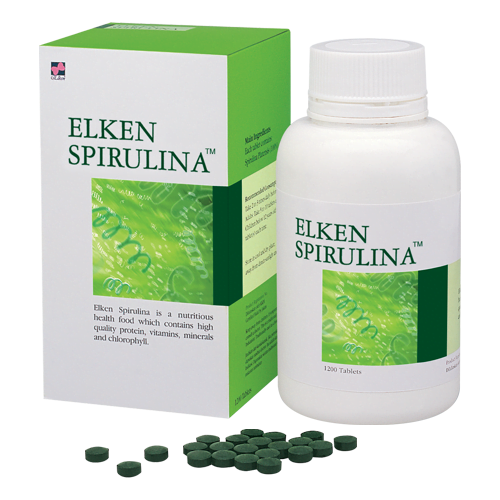
Functions of Spirulina:
- Provides nutrients in a balanced proportion in line with the human body’s requirements for growth and repair of cells
- 100% alkaline to help balance the acidic environment in our bodies
- High concentration of antioxidants to fight free radicals
The preferred choice of spirulina is actually those that are pure and organic as organic food generally contains 4 times more nutritional value than conventionally-produced food. On top of that, they are free from pesticides, fertilisers, antibiotics, preservatives, and other chemical residues.
Nitric Oxide (NO)
“…powerful nutrient for heart, brain and circulatory health…”
One of the most powerful nutrient for heart, brain and circulatory health is nitric oxide (NO), a powerful element discovered in a ground breaking research.
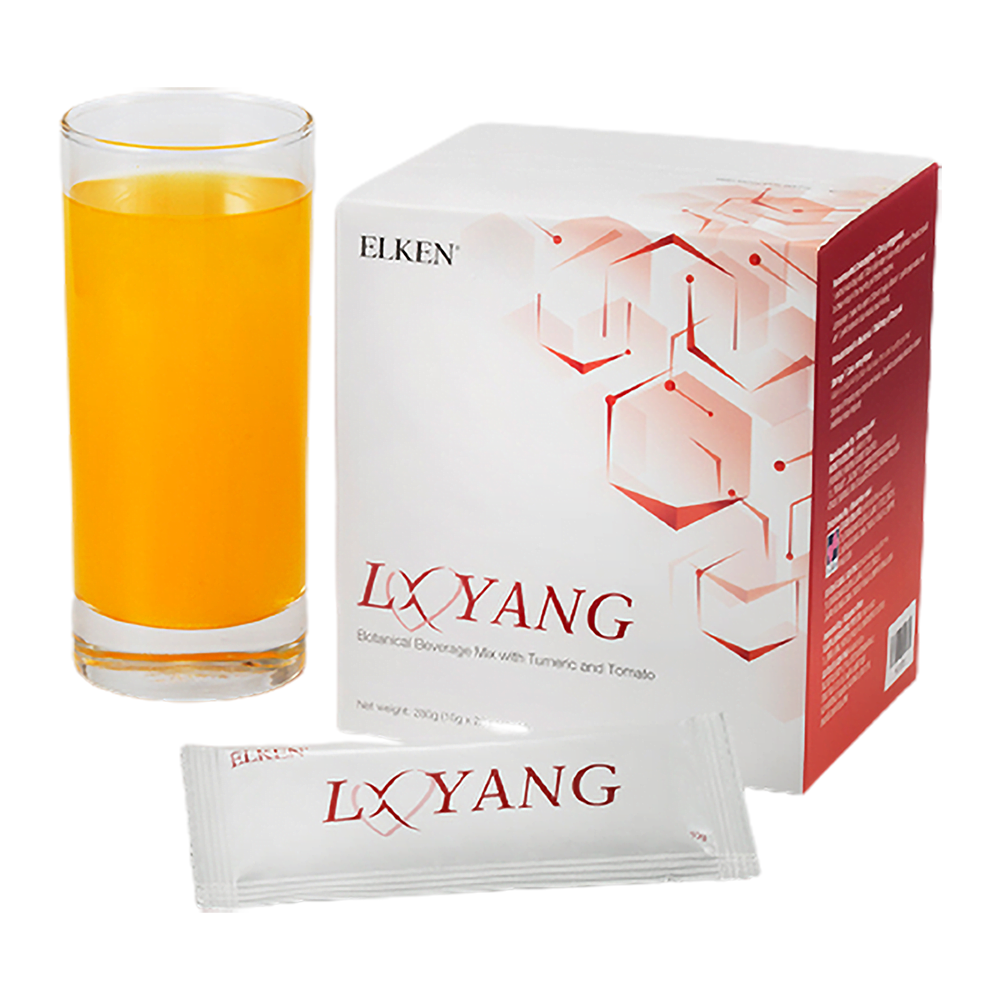
Functions of nitric oxide:
- Keeps the arteries dilated
- Slows down plaque formation on the artery walls
- Helps melt existing plaque in the walls
- Keeps blood flowing smoothly
NO is produced naturally in our body, but its production drops as we grow older and is frequently damaged by free radicals. Discovered to be a signalling molecule in the cardiovascular system, NO can help to enhance blood circulation by maintaining the flexibility of blood vessels, inhibiting blood vessel hardening, slowing down plaque build-up, and expanding the blood vessels.
Two other proprietary and patented ingredients include Tomato Aqueous Extract (T.A.E) and curcumin. T.A.E helps to maintain normal platelet aggregation and contributes to a healthy blood flow, while curcumin contains powerful anti-inflammatory and antioxidant effects to enhance Arginine bioavailability and increases the production of Nitric Oxide for our bodies.
Omega 3
“…EPA & DHA is known to reduce the risk of heart disease.”
Other well-known nutrients for heart health are omega 3 fatty acids such as EPA and DHA found in fatty fish such as salmon and mackerel. Bad cholesterol (LDL) is known to contribute to plaque on the artery walls while triglycerides harden our arteries. Studies have shown that consumption of EPA and DHA reduces the risk of heart disease.
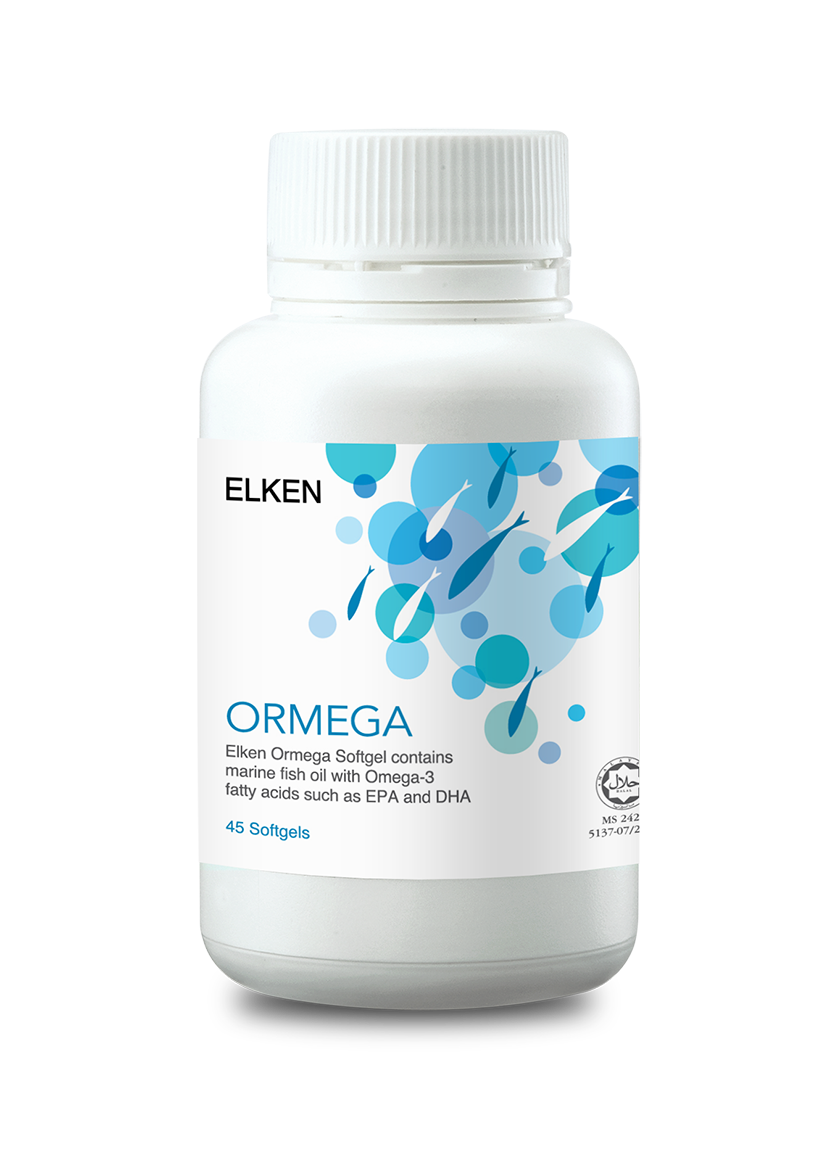
Functions of EPA and DHA:
- Improve blood viscosity (thins the blood), thereby prevents blood clotting
- Lower LDL and triglycerides levels
- Produce prostaglandins, a hormone known to prevent thrombosis (blood clots) and relax arteries.

